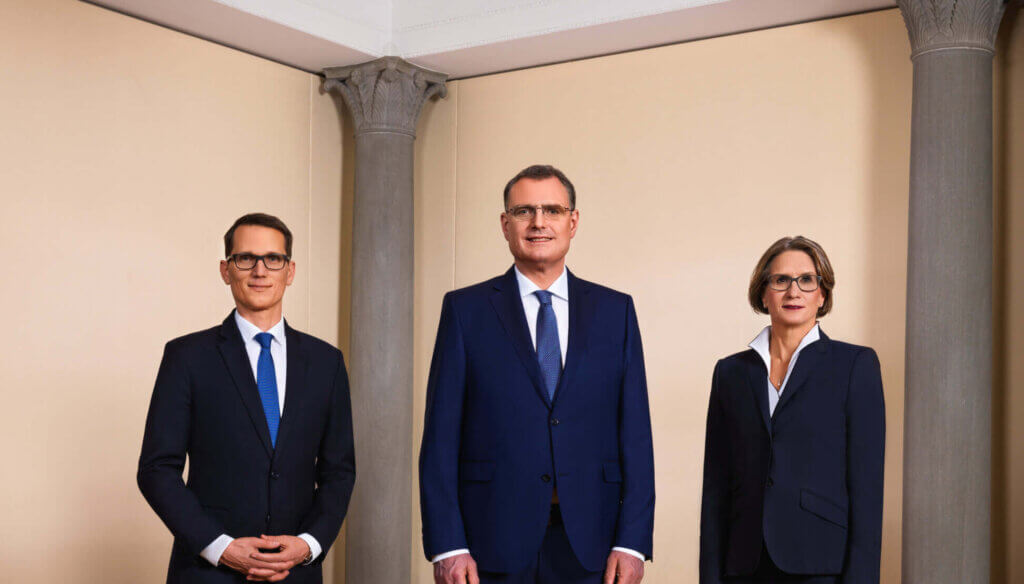
The Swiss National Bank SNB has normally raised interest rates in step with the U.S. Now it is apparently changing its strategy.
First the Americans. Then the Swiss. Again the Americans. Then the Swiss again. Again the Americans. And then nothing at all.
That’s a simplified description of the situation with current monetary policy.
Immediate follow up
In the most recent round of interest rate hikes, the Swiss National Bank SNB took a strong cue from the Americans and virtually left the European Central Bank ECB on the sidelines.
When the Fed raised its interest rates in the recent past, the SNB always followed suit within a few hours, as muula.ch also reported.
ECB acted
But last week, Switzerland waited in vain for an interest rate move from its central bank. The U.S. had tightened monetary policy to fight inflation and raised key interest rates by 0.25 percentage points to the 4.5 to 4.75 percent range, the Federal Reserve Bank Fed announced Wednesday.
Then nothing came from the SNB on Thursday, although the European Central Bank raised its key rates.
And also on Friday, the SNB was conspicuous by doing nothing.
Good mechanism
Now, what does this mean? The Swiss central bank had allowed the Swiss franc to appreciate in order to keep inflation from abroad at bay after years of measures to weaken the Swiss currency via the exchange rate.
This worked very well, as muula.ch has reported time and time again.
But now inflation abroad, especially in the U.S., is declining noticeably and the SNB is not raising interest rates in Switzerland, which makes investing in Swiss francs less attractive – in relative terms.
Below parity
Thus, the demand for the domestic currency is reduced. Due to these developments, the Swiss franc weakens in relation to the dollar and the euro, which was impressively shown by the exchange rate against the euro.
One Swiss franc cost over 1 euro on Wednesday. Over the past weekend, one had to pay only 0.995 euros for it.
This would mean that inflation would once again increasingly come to the domestic market – but since the level of inflation abroad is falling, the SNB no longer needs to waste so much ammunition on the exchange rate.
Turning the interest rate screw
But something strange has happened on the capital markets, anyway. Although the Fed, with its dollar, and the ECB, with its euro, have each tightened monetary policy and held out the prospect of further interest rate hikes, there have been no price slumps on the stock markets.
This was even despite the fact that the quarterly figures from Apple, Alphabet, Amazon & Co. were comparatively weak.
Instead, the markets interpreted the developments in such a way that there would soon even be interest rate cuts or the pace of interest rate increases would at least slow down further.
And the SNB has also positioned itself well for this: The Swiss central bank does not have to react as quickly because it has also not tightened the interest rate reins as aggressively as, say, the Americans.
Last laugh
And the whole thing has two more positive effects. First, the SNB won’t have to pay as high an interest rate on all of the money it has created with its expansionary monetary policy over recent years.
And second, its strategy will not be transparent to the capital markets, because it will not simply follow the U.S. all of the time.
As muula.ch knows from the most reliable source, the Fed does not inform the SNB in advance of its interest rate decisions. So the reaction to it is always a fairly short-term, knee-jerk kind of decision.
And this time the SNB is just playing a waiting game.
02/06/2023/kut./ena.





